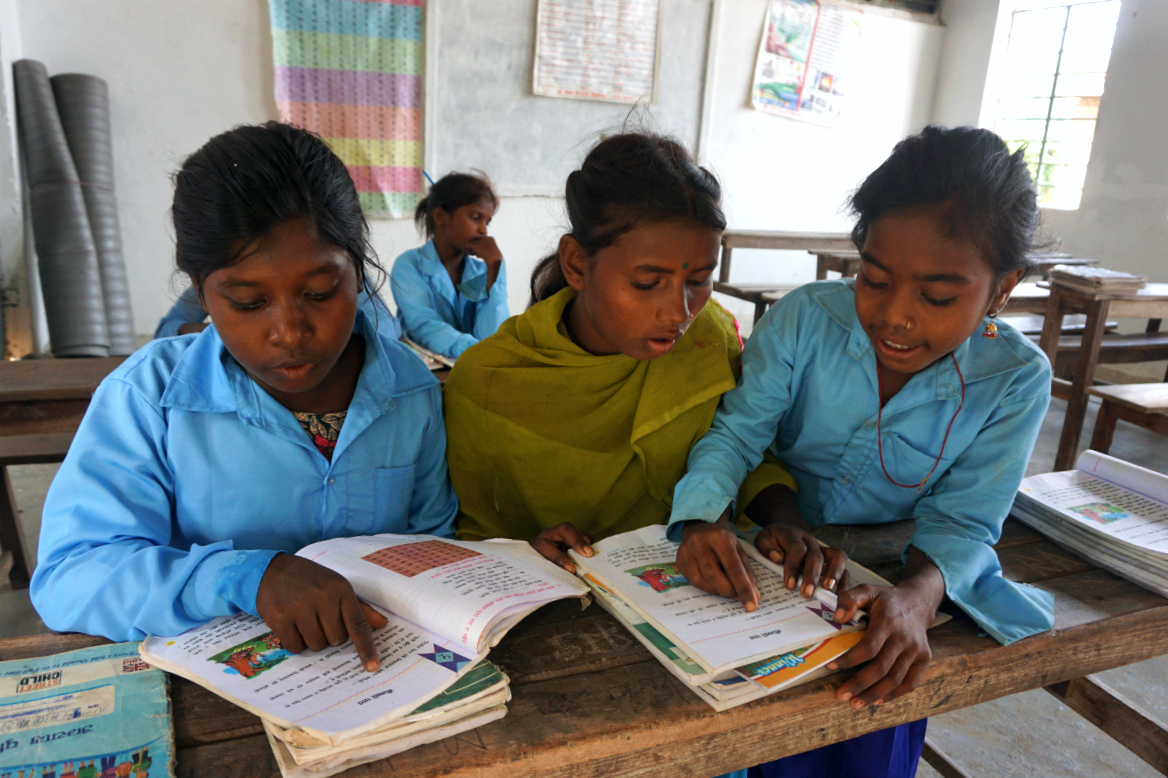
Marginalised NO MORE
Our focus is to provide learning opportunities for young Musahar girls who are otherwise left behind
Our programme offers a tailored approach for Musahar girls aged 10-18 to transition into education and entrepreneurship. The three-tier programmes focus on building literacy and numeracy skills with Life Skill sessions running parallelly with girls above 14 transition into livelihoods support.
Musahars are one of the most politically marginalised, economically exploited, and socially outcast groups in Nepal, and because of the caste system are almost entirely excluded from education and employment. The Nepal Multidimensional Index ranks Musahars 96 out of 97 groups in terms of gender equality in terms of gender-based violence, marriage, and reproductive decision-making. Musahar women and girls are, therefore, affected by an intersectionality phenomenon of ethnic, caste, and gender discrimination. The impact of such discrimination on their education and employment opportunities, therefore, is catastrophic and as a result, the literacy rate amongst Musahar women and girls is a mere 3.8%.
In Madhesh Province and Province 1 in Nepal, Marginalised No More provides an integrated intervention for 7,000+ out of school Musahar girls aged 10-18 to transition into education and entrepreneurship. The Learning Intervention offers a free, immediate, and intensive intervention to achieve functional literacies and numeracies; the Education Transition Intervention supports 4,000 girls aged 10 to 14 to transition into further formal education. Further Life Skills education is also provided with important tools for development.
Musahars are mainly low-wage workers with very few working in offices or higher paying jobs due to their limitation in the socioeconomic status. By providing livelihood opportunities to Musahar girls above 14, we help secure financial stability.
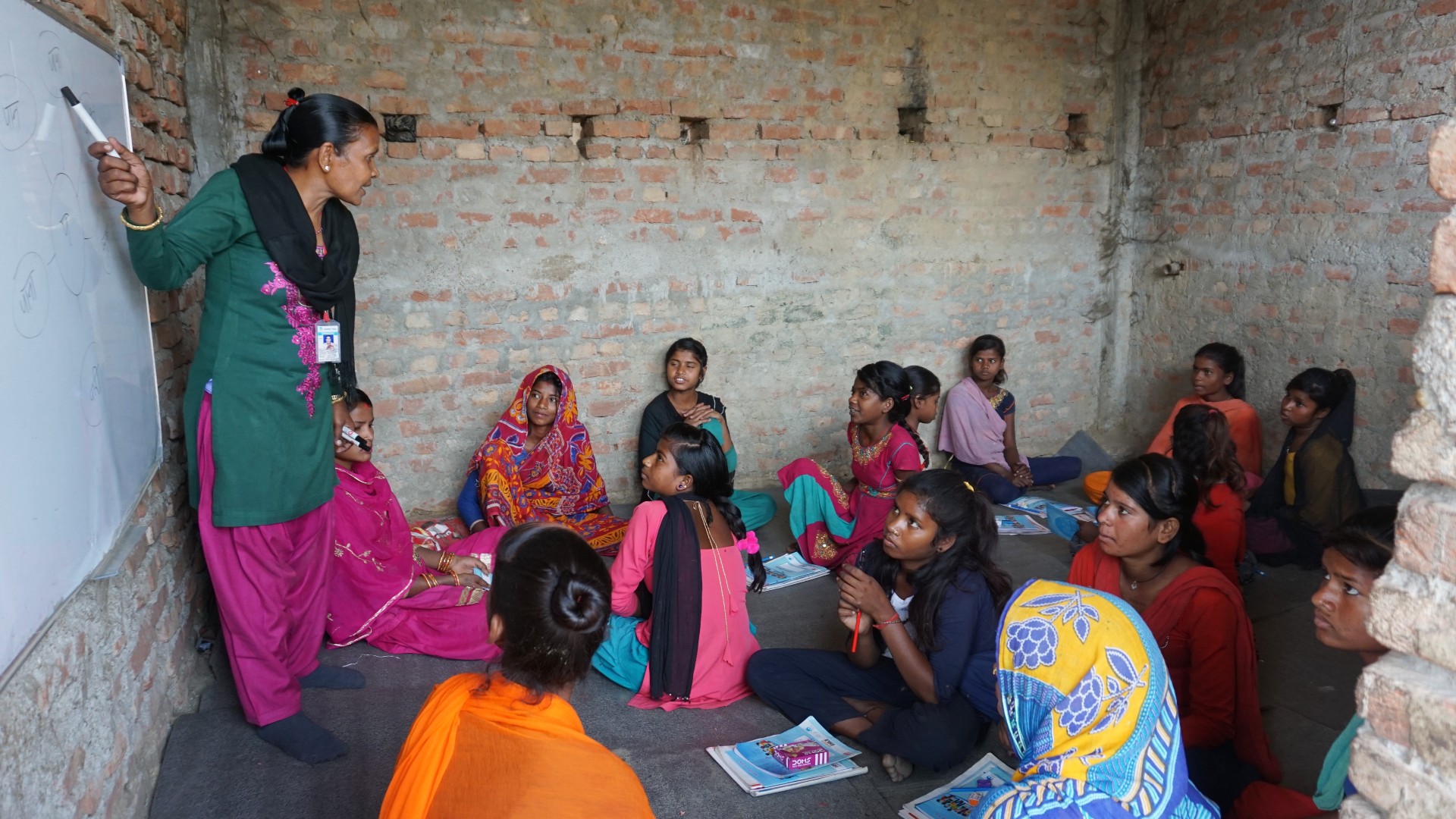
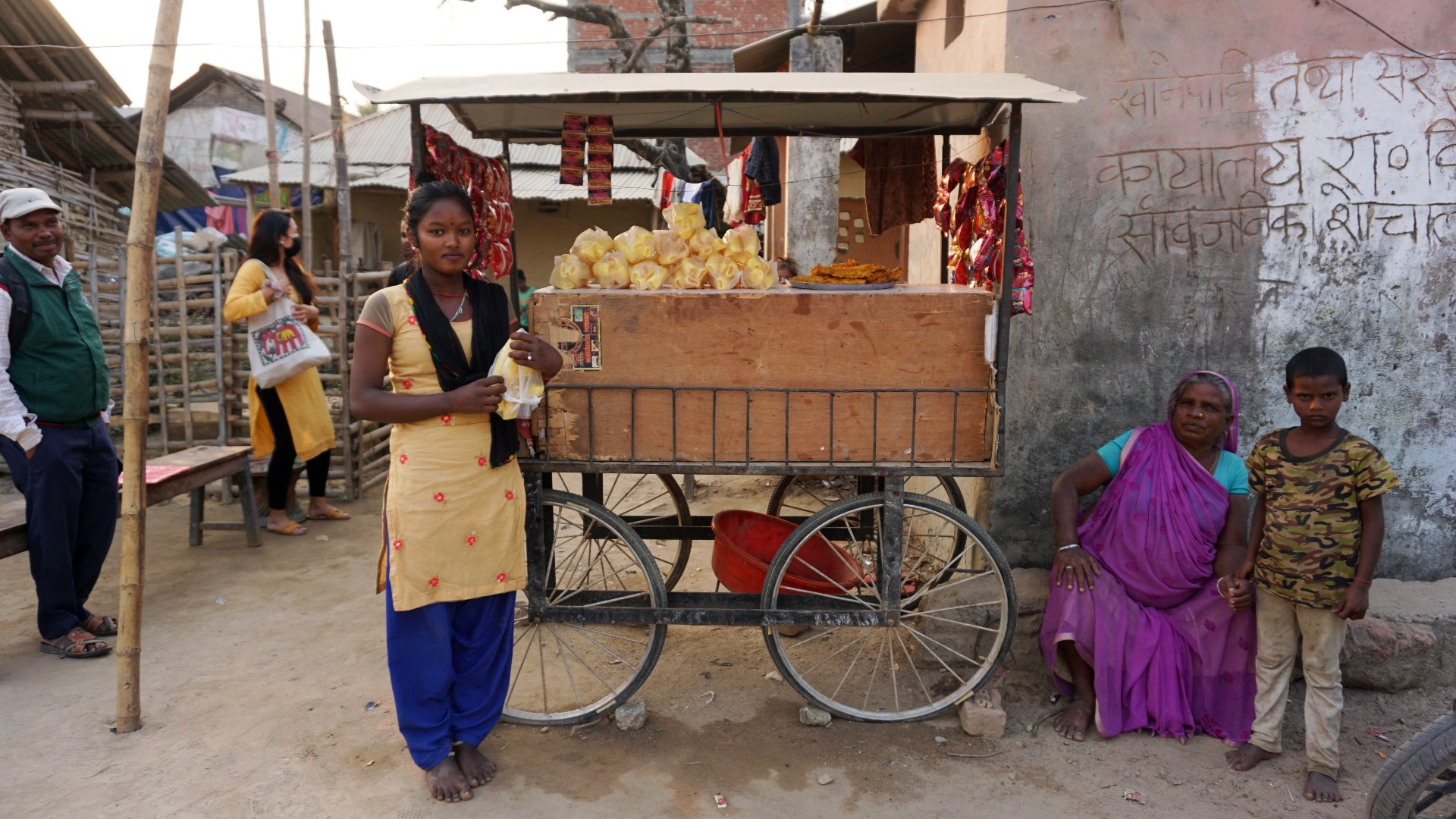
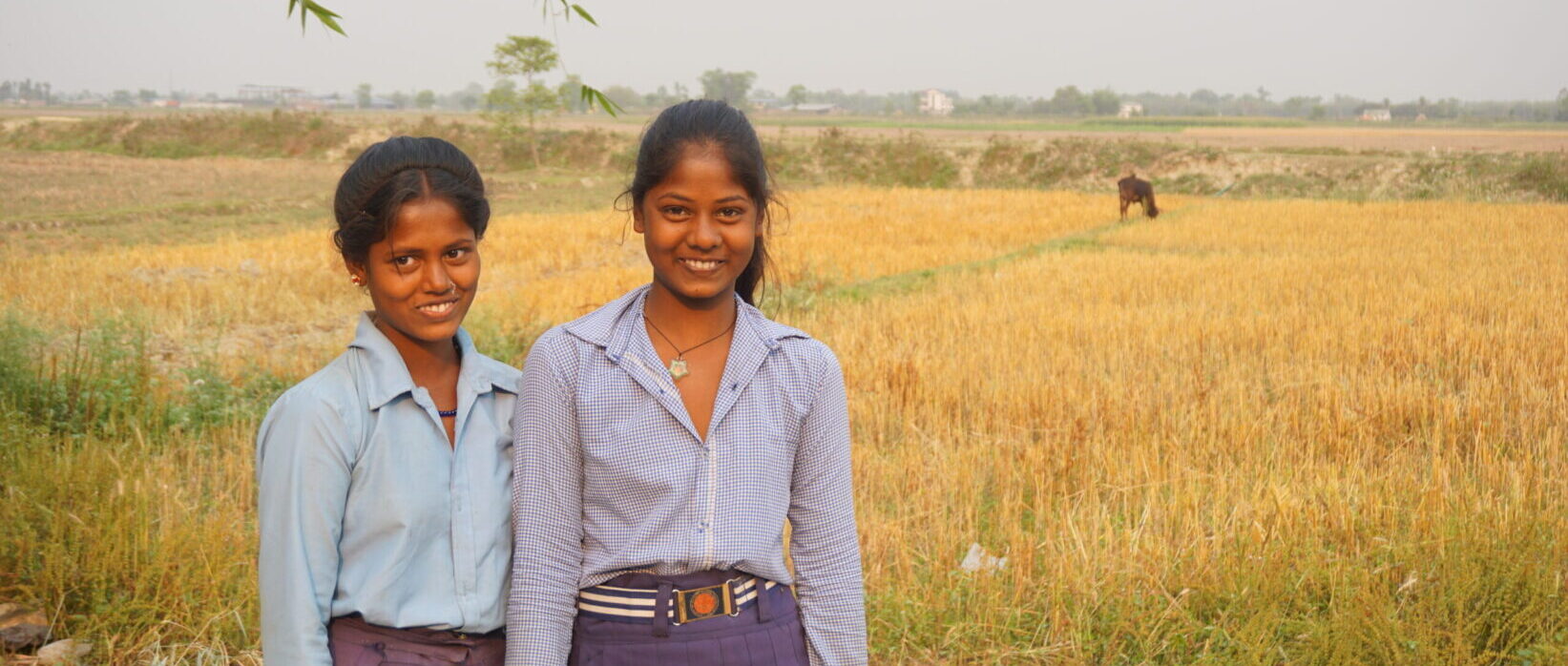
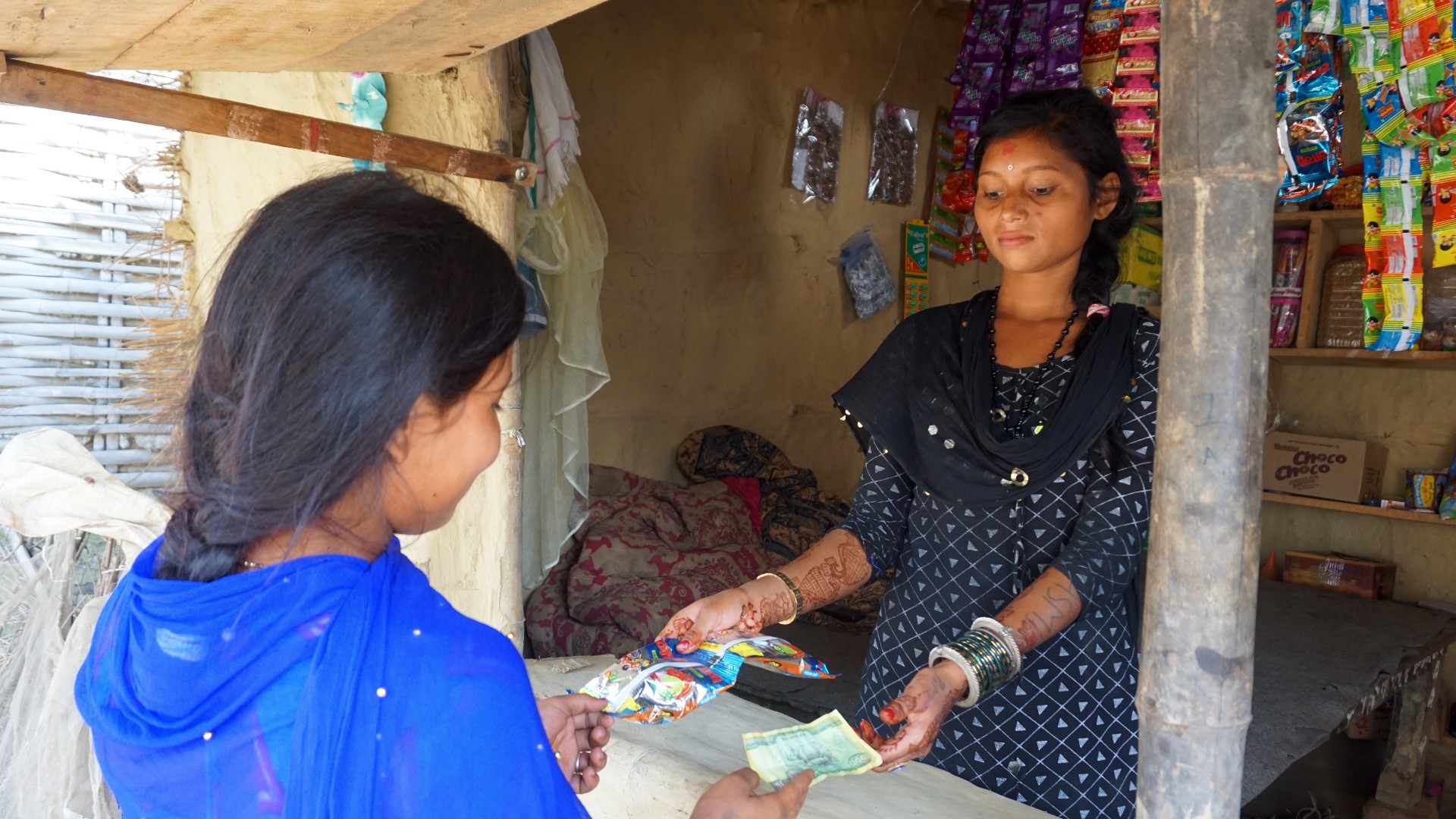
Case study
Meet Divya* Kumari Sada a former Marginalised No More graduate who now is running her own small business. Earlier, she had no source of income and faced many financial problems at home. However, after completing the programme and receiving livelihoods support she set up her own small shop through which she makes a steady income and even supports her family. “Earlier I had no source of income and relied on others for money. Since opening my own shop, I started to save money. Now I never run short of money. With the profit I make I buy groceries and support my family during times of need,” says Divya.
*Names changed to project identity
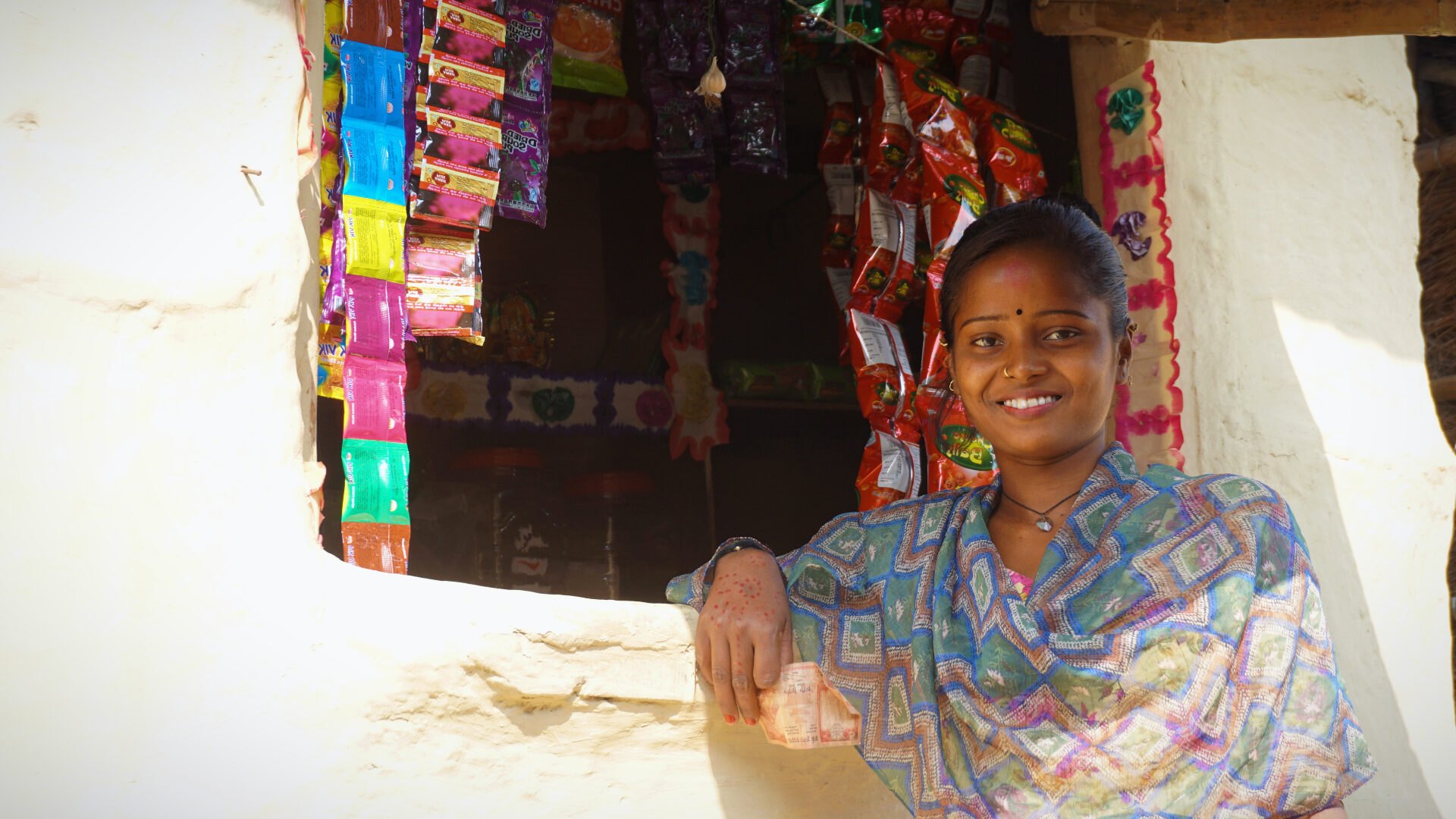
In April 2016, Street Child conducted a survey with a Musahar community which involved 107 parents, children and teachers, to find out how the community understands exclusion from education.
- Through the Teaching at the Right Level (TaRL), out of school girls aged 10-18 gained functional literacy and numeracy, enabling them to transition into formal education or entrepreneurship
- Following completion of Accelerated Learning Programme, out of schools girls aged 10-14 were supported to enroll into government schools
- A comprehensive package including financial literacy and vocational skills enabled girls to establish their own small businesses, generating sustainable income
- As members of the Kishori Chafal Kendra and the Girls and Inclusive Education Network (GIEN), girls are active decision making members of their communities
